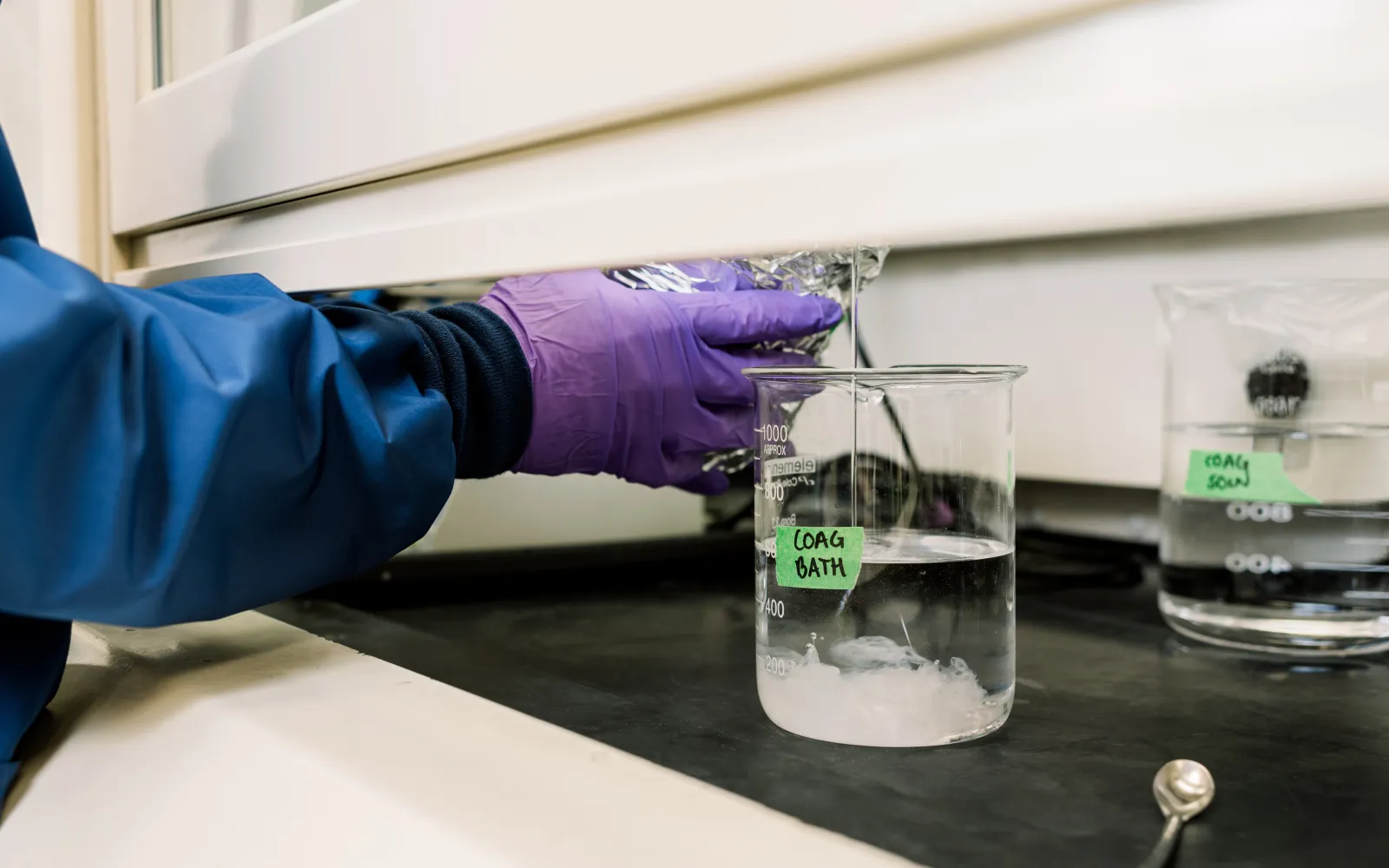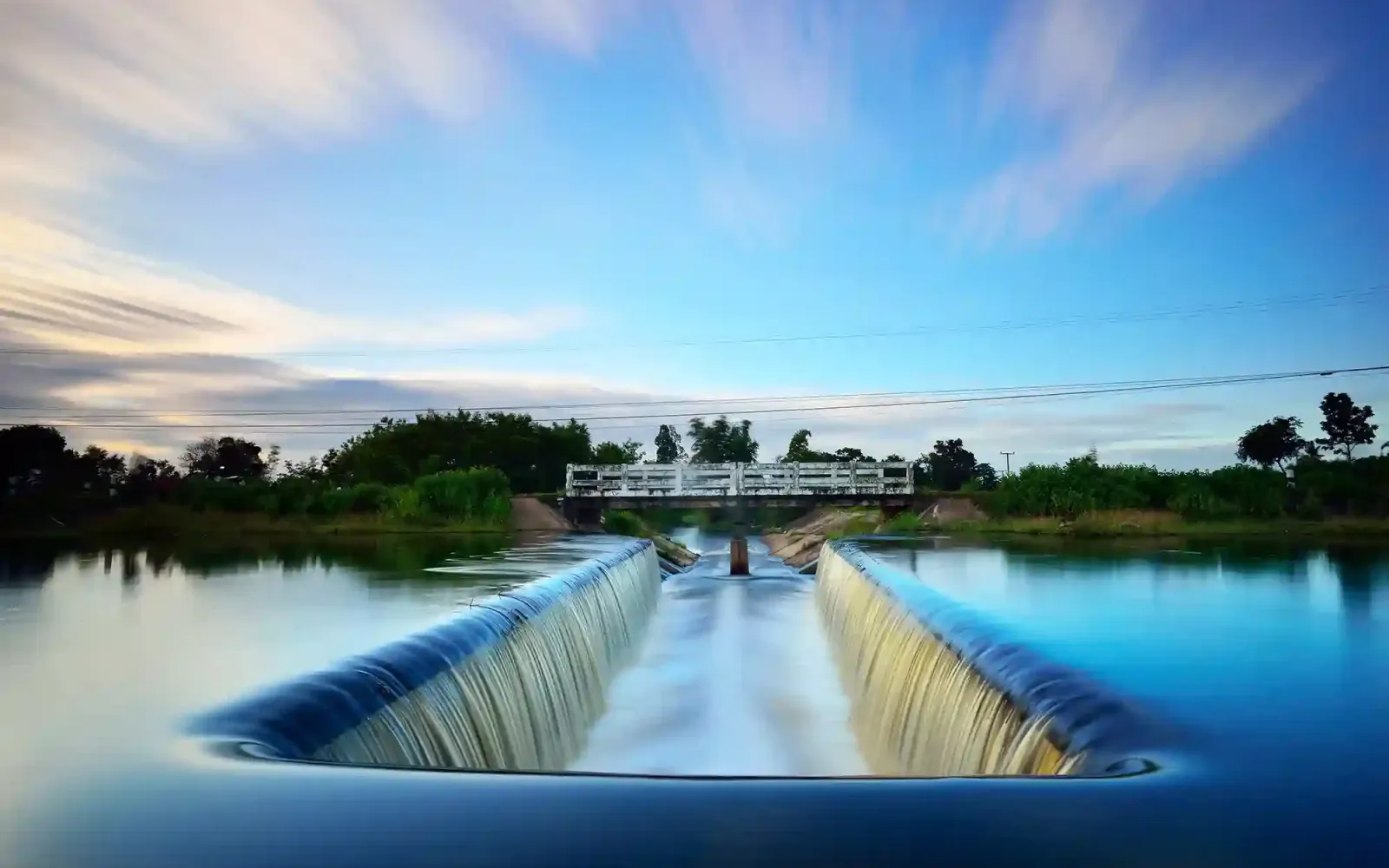

ZwitterCo
Membrane filters for the world’s toughest wastewaters
The DCVC Deep Tech Opportunities Report (which debuted this year) summarizes our thinking about the deep tech investment areas we consider the most exciting, important, and consequential. It’s also a guide to the inspiring work innovators inside and outside the firm’s portfolio are doing to extend human capabilities, save the environment, and make everyone’s lives longer, healthier, and easier.
Three of this report’s opportunities bore on climate tech. What follows is a summary of one of them.
2.1 Climate Tech: Water
By 2050, 4.8 to 5.7 billion people will live in areas where water is scarce at least one month per year. Climate change exacerbates the problem, causing protracted droughts, changing rainfall patterns, worsening flooding, and leaving thinner snowpacks each winter, among other problems. Yet despite the scale of the challenge, water is one of the most neglected sectors in venture capital. Of the $40 billion investors put into climate tech in 2021, only $400 million went toward water technology, according to veteran water investor Tom Ferguson from Burnt Island Capital.
In a highly regulated and subsidized industry where true innovation is both time- and capital-intensive, there’s a premium on deep domain experience. “Yesterday’s solutions cannot meet our challenges of today and of the decades to come,” says Earl Jones, a DCVC operating partner and globally recognized expert on water. Jones helps lead DCVC’s investments in companies exploring new approaches to saving and treating scarce water supplies.
One of those is to find better ways to treat and recycle water at the point of use. That’s the goal of a DCVC-backed startup in Boston called ZwitterCo, which developed a new wastewater filtration membrane that uses zwitterionic polymers to overcome the classic problem of fouling. The membranes can repel the fats, oils, and greases found in many types of wastewater. Gentle chemicals can restore ZwitterCo membranes to as-new condition over and over again, finally making membrane filtration a viable option for wastewater reuse at facilities like dairies and pharmaceutical factories.
ZwitterCo and other DCVC portfolio companies are building platform technologies that bring industry experience to the chemistry, electrochemistry, and materials science of water treatment. And each targets large markets, using ideas that outflank existing solutions both technologically and economically. DCVC’s outlook, Jones says, is that large-scale adoption of sustainable solutions in the water industry can only come through dramatic reduction of both capital expenditures and operating expenses. “The risks posed by our global water situation are clear: headwinds to economic growth, negative impact on population health, increased risk of catalyzing regional conflict, and acute risk to food security,” he says. “Smart investors see the challenge and see the opportunity and want to put their money to work and be part of solving water.”
Read and/or download the DCVC Deep Tech Opportunities Report here.



